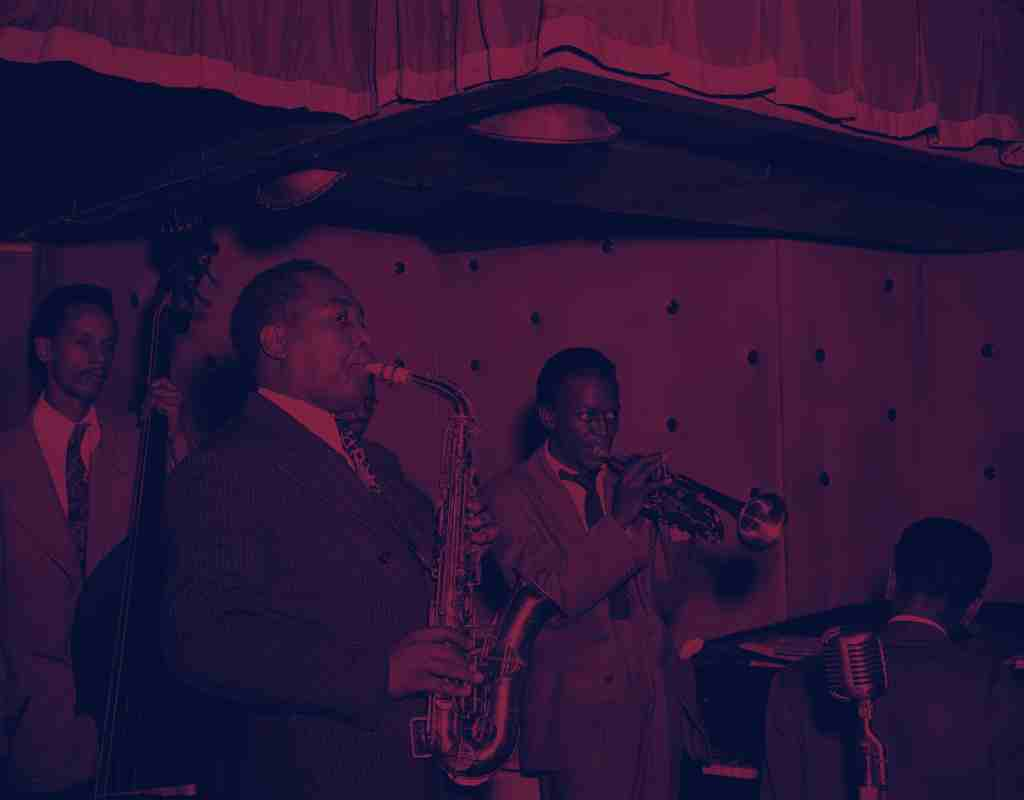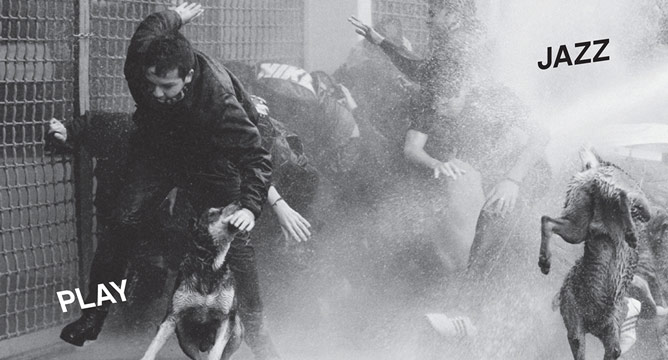Prompted by Jazzrook's link to the Ayler website earlier this month, it is fascinating to see just how many of these websites are offering lead sheets for downloads. The sheets on the Ayler site aren't too clever as they lack harmony parts and I'm not convinced the melodies are correct either. There are a few other sites where amateur musicians have attempted transcriptions and which have errors. I can't criticise too much as I couldn't transcribe anything myself.
Amongst the professional jazz musicians it's am,azing just how much music is available when even a few years ago it was a revelation to buy books on line by composers as diverse as Bill Frisell, Pat Metheny or Herbie Nichols. Prior to this there were various editions of the Real Book and the play-a-longs by Aebersold. I'm not too keen of the Real Book and find playing stuff like "Beautiful Love " or "Blue Bossa" a real pain in the butt. Bascially, it's not interesting. What's great these days is that some contemporary musicians put their music up for download. I've bought Dave Douglas compositions in the past which has been interesting although some of the tunes are too difficult to either read or improvise on. You can appreciate the level at which these players are thinking and I do find this fascinating. I think there are about 2 out of the 8 DD pieces which I rehearsed. The latest downloads have come from David Binney's excellent site. You can order who arrangements form about $3 and his tunes aren't too tricky. Given that Binney's music has the parts written out, the music is brilliant to play as the music sits together better. I have also looked at Migeul Zenon's musi but I think he was joking when he posted the leadsheets on line as no one less than brilliant is going to be able to suss tunes where the time signatures shift so frequently. The two Binney tunes are great though!
I wonder if anyone else had investigated other sites and ncome up trumps?
Amongst the professional jazz musicians it's am,azing just how much music is available when even a few years ago it was a revelation to buy books on line by composers as diverse as Bill Frisell, Pat Metheny or Herbie Nichols. Prior to this there were various editions of the Real Book and the play-a-longs by Aebersold. I'm not too keen of the Real Book and find playing stuff like "Beautiful Love " or "Blue Bossa" a real pain in the butt. Bascially, it's not interesting. What's great these days is that some contemporary musicians put their music up for download. I've bought Dave Douglas compositions in the past which has been interesting although some of the tunes are too difficult to either read or improvise on. You can appreciate the level at which these players are thinking and I do find this fascinating. I think there are about 2 out of the 8 DD pieces which I rehearsed. The latest downloads have come from David Binney's excellent site. You can order who arrangements form about $3 and his tunes aren't too tricky. Given that Binney's music has the parts written out, the music is brilliant to play as the music sits together better. I have also looked at Migeul Zenon's musi but I think he was joking when he posted the leadsheets on line as no one less than brilliant is going to be able to suss tunes where the time signatures shift so frequently. The two Binney tunes are great though!
I wonder if anyone else had investigated other sites and ncome up trumps?




 . I remember a Radio 3 programme titled "Jazz Piano" or some such in which examples and recordings from different styles and periods were played. Simon Purcell - a very good, too little exposed Herbie Hancock-influenced player btw - was on, elucidating the respective playing methods of, iirc, Hines, Tatum, Powell, Monk and Jarrett - and himself gave an example of stride piano with a remark to the effect that one needed to have a good left hand aim to play this!
. I remember a Radio 3 programme titled "Jazz Piano" or some such in which examples and recordings from different styles and periods were played. Simon Purcell - a very good, too little exposed Herbie Hancock-influenced player btw - was on, elucidating the respective playing methods of, iirc, Hines, Tatum, Powell, Monk and Jarrett - and himself gave an example of stride piano with a remark to the effect that one needed to have a good left hand aim to play this! 
Comment